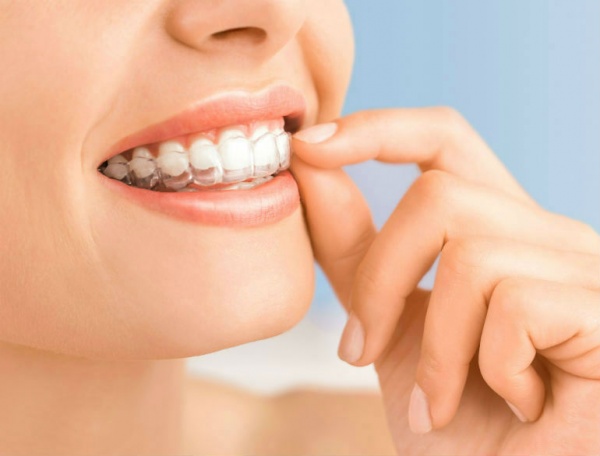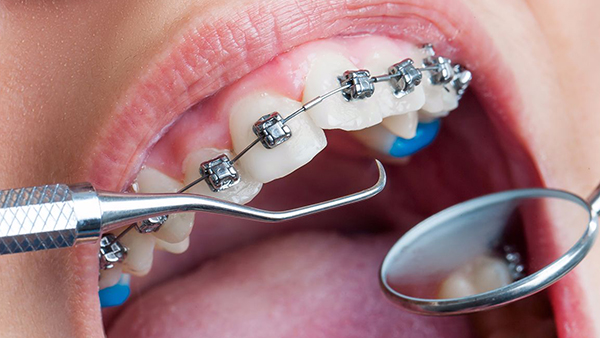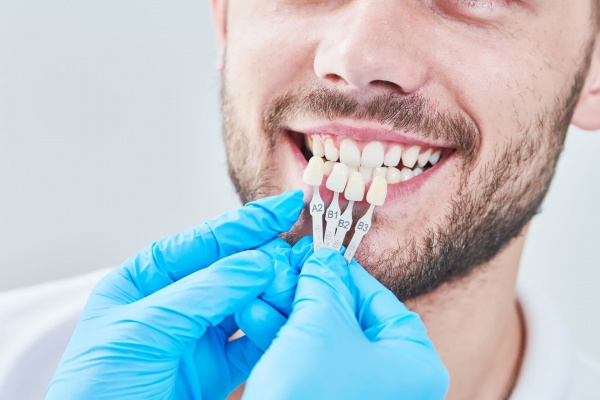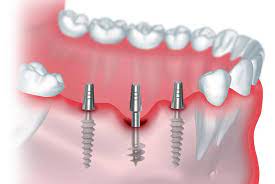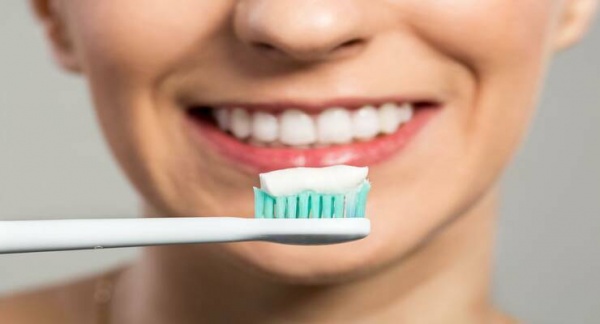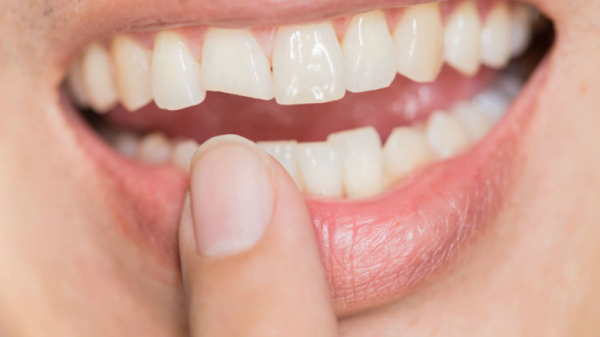Wisdom teeth or "8's" cause a lot of inconvenience - to begin with the fact that they erupt last, at a relatively advanced age (usually before the age of 25). This process is often accompanied by painful sensations, inflammation of the gums, and damage to the oral mucosa.
Functionally, we no longer need wisdom teeth; in the past, our ancestors used them to chew hard, coarse food in the daily diet, but now they are just a rudiment. So patients often face the question: isn't it better to have wisdom teeth extracted than to endure discomfort? And this is especially true for those who are planning orthodontic treatment.
How are braces and wisdom teeth related?
One of the probable reasons for needing a bracket system is the lack of space on the jaw for a full set of teeth. The fact is that a person's jaw used to be larger, partly due to lifestyle and diet, but now the jaw has become smaller, so the teeth simply do not fit on it, and crowding of the tooth row can occur. It doesn't look very aesthetically pleasing, it causes complexes, and also provokes a number of dental diseases because of difficulties with hygiene. Alternatively, teeth that don't fit can start to protrude forward, also forming a malocclusion. These problems are solved by the installation of braces, but the orthodontist will invariably face the question of whether to remove the wisdom teeth before treatment or keep them.
Do I have to have my wisdom teeth extracted when getting braces?
Actually, no. If the teeth have already erupted completely, and they are healthy, not affected by decay or other dental diseases, and do not interfere with the neighboring teeth, then there is no need to remove them. It is important that the malocclusion, which is what orthodontic treatment is intended to correct, is not due to problems with the wisdom teeth. In any case, the final decision is made by the doctor after the initial examination and diagnosis.
If wisdom teeth extraction is still necessary, it is performed by the surgeon before treatment begins. As a rule, the eight teeth are removed in pairs, so as not to disturb the symmetry of the face. If indicated, it is not recommended to disregard the procedure of extraction, because after the placement of braces, the mechanical action will certainly help to align the teeth, but over time, the teeth may shift back and take their previous positions.
The removal of a wisdom tooth is usually performed with a piezoscalpel, a state-of-the-art device based on ultrasonic vibrations. The piezoscalpel only affects the hard tissues of the tooth, but does not affect the soft tissues, which greatly reduces discomfort and minimizes the possibility of trauma. This applies even in difficult cases, such as wisdom teeth on the lower jaw, where the bone is much denser, or "receding octopus" that grows horizontally and presses on neighboring teeth.

